When intelligence is distributed across many parts, be they robots, devices, or objects, it can be tricky for the bigger picture to emerge. Yet answering these questions is key to making collective systems that are easy to design, monitor and control.
EMERGE will deliver a new philosophical, mathematical, and technological framework to demonstrate, both theoretically and experimentally, how a collaborative awareness – a representation of shared existence, environment and goals – can arise from the interactions of elemental artificial entities.
In this effort, we will rely only on unstructured conditions that the real world demands without leveraging a pre-existing shared language between them. Our goal is to surpass the limitations and barriers of the current state-of-the-art distributed systems to produce breakthroughs and open new markets in the next generation of robotic systems.
Latest News
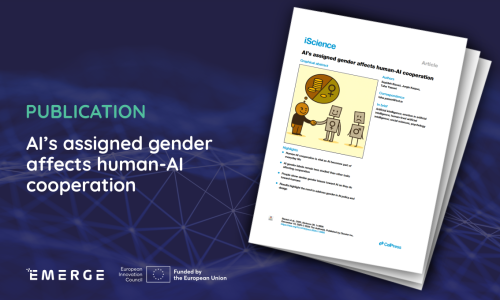
Publication: AI’s assigned gender affects human-AI cooperation
19 December 2025
In this study, EMERGE partners from the Ludwig Maximilian University of Munich investigates how cooperation varies with the gender labels assigned to AI partners.

Publication: SONAR: Long-Range Graph Propagation Through Information Waves
01 December 2025
In this work, EMERGE partners from the University of Pisa introduce SONAR, a novel GNN architecture inspired by the dynamics of wave propagation in continuous media.
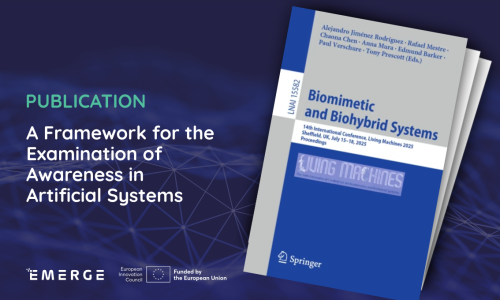
Publication: A Framework for the Examination of Awareness in Artificial Systems
25 November 2025
In this work, EMERGE partners propose a novel and tractable approach to measure the impact of awareness on system performance, structured around distinct dimensions of awareness – temporal, spatial, metacognitive, self and agentive.
Partners
The EMERGE consortium brings together the University of Pisa (Italy), Ludwig Maximilian University of Munich (Germany), Delft University of Technology (Netherlands), University of Bristol (United Kingdom), and Da Vinci Labs (France).
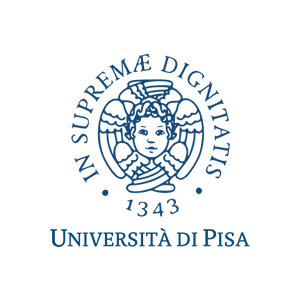
University of Pisa
University of Pisa is one of the most renowned educational institutions in Italy, with twenty departments and high level research centers in agriculture, physics, computer science, engineering, medicine and veterinary medicine.

TU Delft
Delft University of Technology in the Netherlands (TU Delft) is a modern university with a rich tradition. Its eight faculties and over 30 English-language Master programmes are at the forefront of technological development, contributing to scientific advancement in the interests of society.

University of Bristol
The University of Bristol is internationally renowned due to its outstanding teaching and research, its superb facilities and highly talented students and staff. We are dedicated to academic achievement at the highest levels across a broad range of disciplines, supporting both individual scholarship and interdisciplinary research.
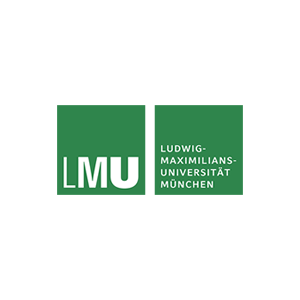
Ludwig Maximilian University of Munich
Ludwig Maximilian University of Munich is one of the most renowned universities in Europe. Almost 50,000 students, 14 percent of them from abroad, currently take advantage of the broad range of subjects with 150 offerings from the humanities and cultural studies to law, economics and social sciences, medicine and the natural sciences.
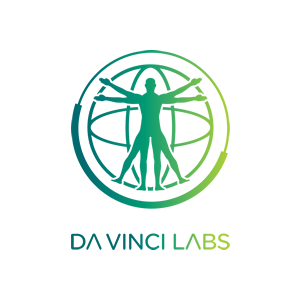
Da Vinci Labs
Da Vinci Labs is a research and incubation structure inspired by Leonardo da Vinci. Its interdisciplinary and humanistic approach aims to respond in a competitive way to the ecological challenges of tomorrow, and to bring out the future champions of deeptech, in particular in the field of quantum technologies, artificial intelligence and synthetic biology.


